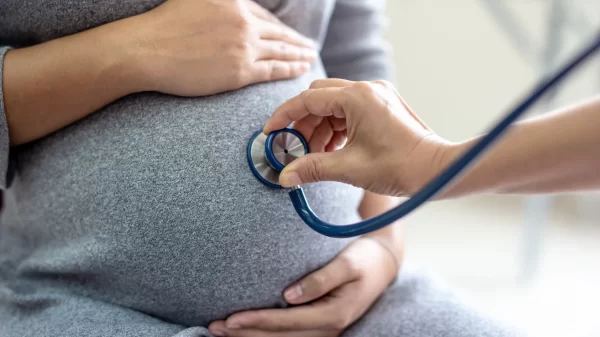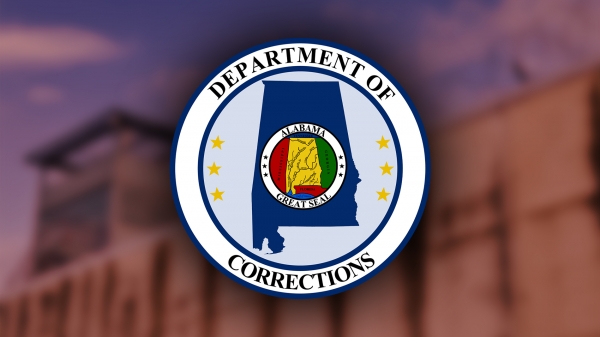|
Getting your Trinity Audio player ready...
|
Freshman Rep. Jerry Starnes, R-Prattville, said during a House Judiciary Committee meeting Wednesday that the idea that the Alabama Bureau of Pardons and Paroles isn’t releasing anyone “is a hoax.”
Starnes, who spent 25 years in pardons and paroles with the state, said that mandatory supervised release has resulted in prisoners being let out “left and right” and has resulted in the “bottom of the bottom” offenders coming before the parole board, resulting in the well-covered decline in the percentage of paroles granted over the past five years.
But Cam Ward, director of the ABPP, said he doubts mandatory supervised release is factoring into the declining parole approval rates with the board.
“I don’t think their parole decisions have changed based upon mandatory supervision,” Ward said. “Some (applicants) have been set off for five years but are eligible for mandatory supervision within a year. For example, someone with a 10-year-sentence might come up for parole in seven years and the board will set them off five years. But mandatory supervision is going to grab you at year nine. I don’t think the board is taking that into account.”
Ward is the author of the 2015 law first instituting mandatory supervised release at the end of an inmate’s sentence in Alabama, although Ward said that prisoners were only “dribbling out” at that time.
Based on Alabama Law, Starnes’ theory that mandatory supervised release is allowing inmates to walk free on a different form of parole before they go before the board is a stretch—in seemingly every instance in which a prisoner would be eligible for mandatory supervised release, they would be eligible for their initial parole hearing first.
For example, prisoners receiving sentence deductions pursuant to the Alabama Correctional Incentive Time Act and serving between 5 and 10 years would be eligible for parole 18 months prior to the minimum release date. Meanwhile, mandatory supervised release wouldn’t occur until at least nine months before the maximum release date.
Prisoners ineligible for good time, if they did not commit a Class A Felony, get their first parole hearing within 10 years or a third of their sentence, whichever is less. Mandatory supervised release would depend on the individual sentences, but in all cases is well more than a third of the way through the sentence.
Even prisoners who are convicted of a Class A Felony are eligible for an initial parole hearing within 15 years maximum if they are not serving life in prison.
Ward said it is true that the parole board has been seeing more violent offenders due to criminal justice reform bills in 2013 and 2015, including sentencing guidelines that have led to lighter sentences for many nonviolent theft and drug charges.
Regardless of the offender’s original charge, it still does not explain the parole’s trending decline from conforming with its own 2019 guidelines.
According to the ABPP, paroles were at a high point of 54 percent in FY2017, and stayed relatively steady in FY2018 at 53 percent. But there was a precipitous drop between FY2018 and FY2019 down to 31 percent, and the decline still hasn’t bottomed out—although, there isn’t much further to go before it hits the floor. As of February, the board has only granted 6 percent of paroles sought.
That despite the parole board’s own guidelines recommending the release of over 80 percent of individuals in every month of this fiscal year. And that rate has barely changed over the past three years according to the board’s own data– the lowest recommended approval rate in that time frame was 72 percent.
Those guidelines take many things into consideration, including the original charge. But they also include risk assessments and other evaluations intended to determine the individual’s readiness to reenter society.




















































